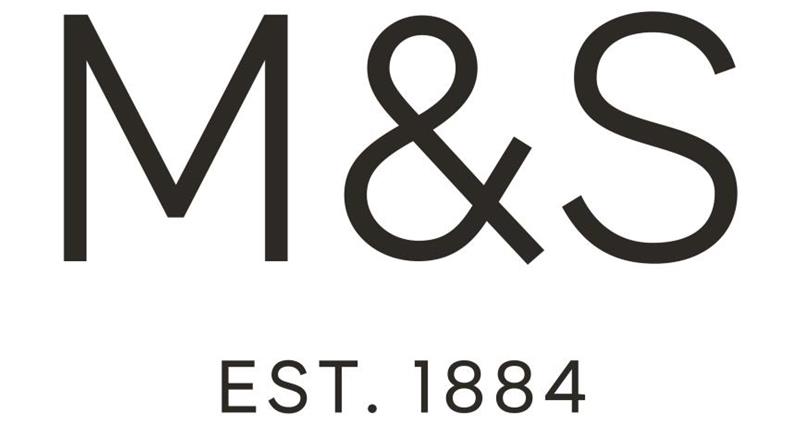In September, the retailer was relegated from the FTSE 100 index of Britain’s biggest listed companies which M&S has been a member of since the lists launch in 1984.
The main reason for reduced profit is due to like for like decline in sales of clothing and home, down 5.5%. M&S states there were some ‘availability challenges as a result of supply chain issues’ and profiles were misaligned with a family customer profile.
M&S Food
In food, early stage actions to drive value, broaden appeal and accelerate innovation restored growth, increasing like for like sales by 0.9% which is higher than the expected 0.3%. On the 5th August, M&S completed its 50% acquisition of Ocado Retail Ltd for £750 million.
Steve Rowe. Chief Executive said: "Our transformation plan is now running at a pace and scale not seen before at Marks & Spencer. For the first time we are beginning to see the potential from the far reaching changes we are making. The Food business is outperforming the market. Our deal to create a joint venture with Ocado is complete and plans to transition to the M&S range are on track"
M&S has worked hard to restore trusted value. Over the last year the price of more than 400 lines has been reduced by over 10% and promotional activity has halved. The investment in price point was focused on core categories such as bakery, milk, meat and produce.
M&S said “In line with the strategy to grow share of larger baskets and fresh and ambient categories, the innovation pipeline has been refocused on products to broaden appeal including the Plant Kitchen, Street Market and Cook With ranges this year. The fundamental restructuring of marketing to sit within the Food business has resulted in a strong new family focussed programme. These early steps to attract families and broaden customer shopping occasions have produced encouraging results”.
Brexit
M&S state they have a clear understanding of the risk areas associated with a no deal and have mobilised resources from across the business, especially with the respect to tariff and administration costs and the flow and certification of goods.
Steve Rowe adds “an orderly exit would allow us to more effectively address the consequences of change against a defined time frame, a no deal outcome would have a more immediate and negative impact”.
